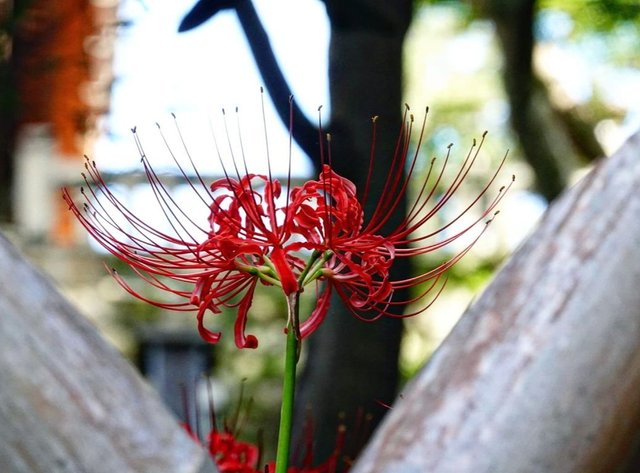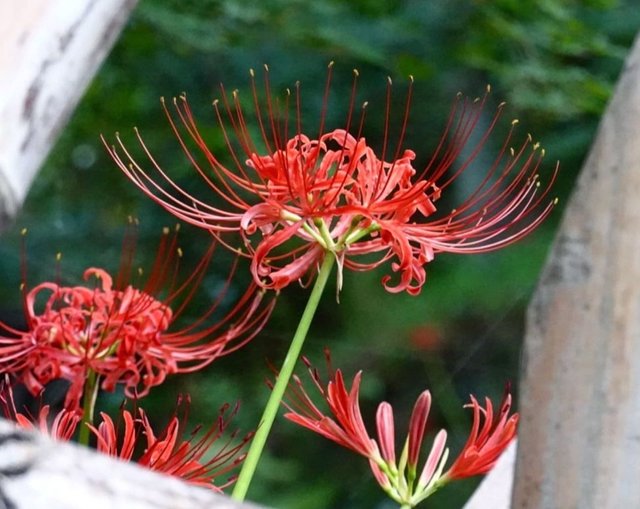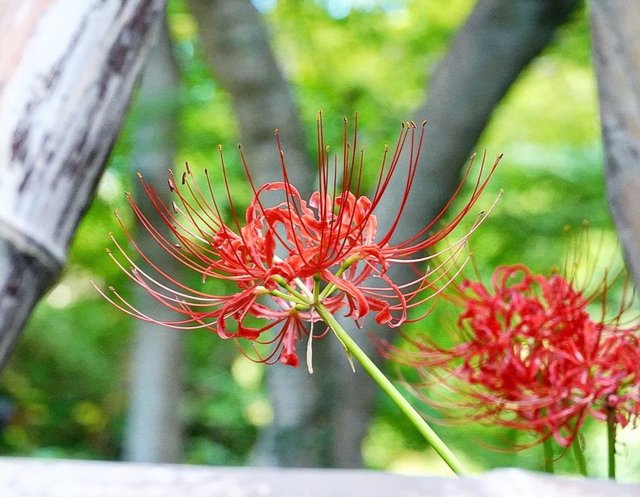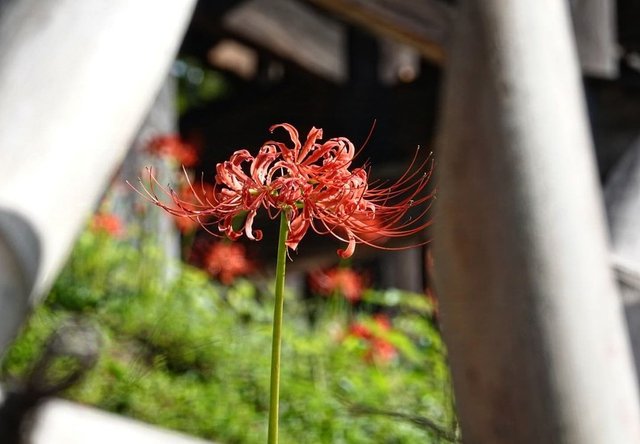Red Spider Lily So Amazing
The red spider lily, also known as the "death flower" or "hell flower," is a strikingly beautiful plant that captivates with its vibrant scarlet blossoms. Native to China, Japan, and Korea, this flower has a rich cultural history and holds deep symbolic meanings, particularly in East Asian traditions.
Appearance and Botanical Features
The red spider lily is part of the Amaryllidaceae family and is notable for its unique appearance. It blooms in late summer or early autumn, often after rainfall, when its flowers emerge from leafless stems. The bright red flowers, with their long, slender petals curling backward like spiders' legs, give it a delicate, ethereal look. The stems typically grow between 12 to 24 inches tall, and each stem can produce several flowers. The plant's lack of leaves during the blooming season is a curious feature, often adding to its mystical aura. The leaves appear only after the flowers have withered, creating a striking contrast and contributing to the flower's association with themes of death and rebirth.
Cultural Significance
The red spider lily is steeped in folklore and is often linked to death and the afterlife, particularly in Japan. There, it is called higanbana, meaning "flower of the afterlife." The flower is commonly seen near graveyards and temples, and its blooming season coincides with the autumn equinox (Higan), a time when many families in Japan visit the graves of their ancestors to pay respects. In this context, the red spider lily serves as a reminder of the impermanence of life, the passage of time, and the transition between life and death.
The flower’s deep red color, resembling blood, also connects it with themes of finality and the afterlife. It is often planted along the borders of rice paddies and graveyards to ward off animals, as the bulbs of the red spider lily are toxic. The flower’s association with death, however, is not seen as entirely negative; in many cultures, it is viewed as a beautiful but somber symbol of the cycle of life, death, and rebirth.
In Korean folklore, the red spider lily is similarly linked to the underworld. Legend says that these flowers grow along the path to the afterlife, helping to guide souls on their journey. The connection to otherworldly realms makes the red spider lily a powerful symbol in East Asian literature, poetry, and art, where it is often depicted in scenes involving loss, longing, or transition.




